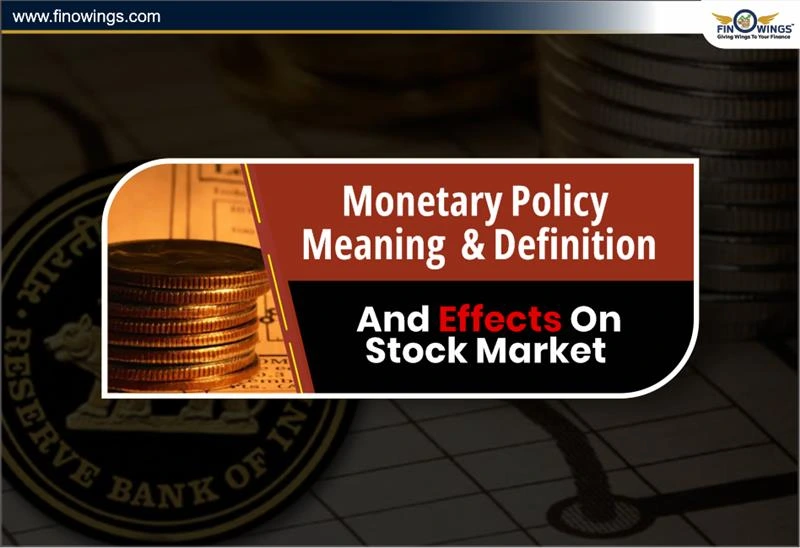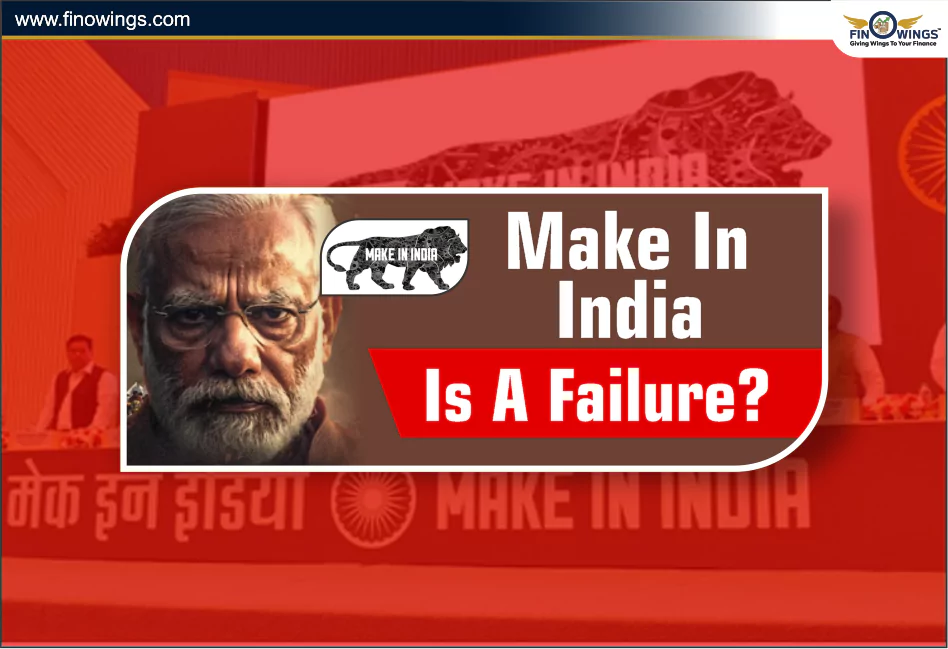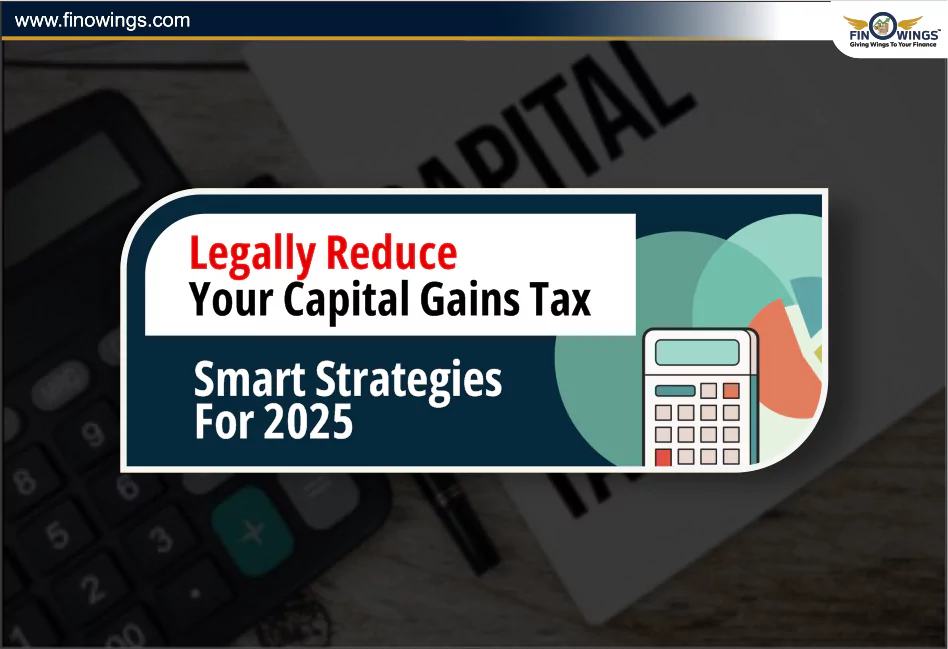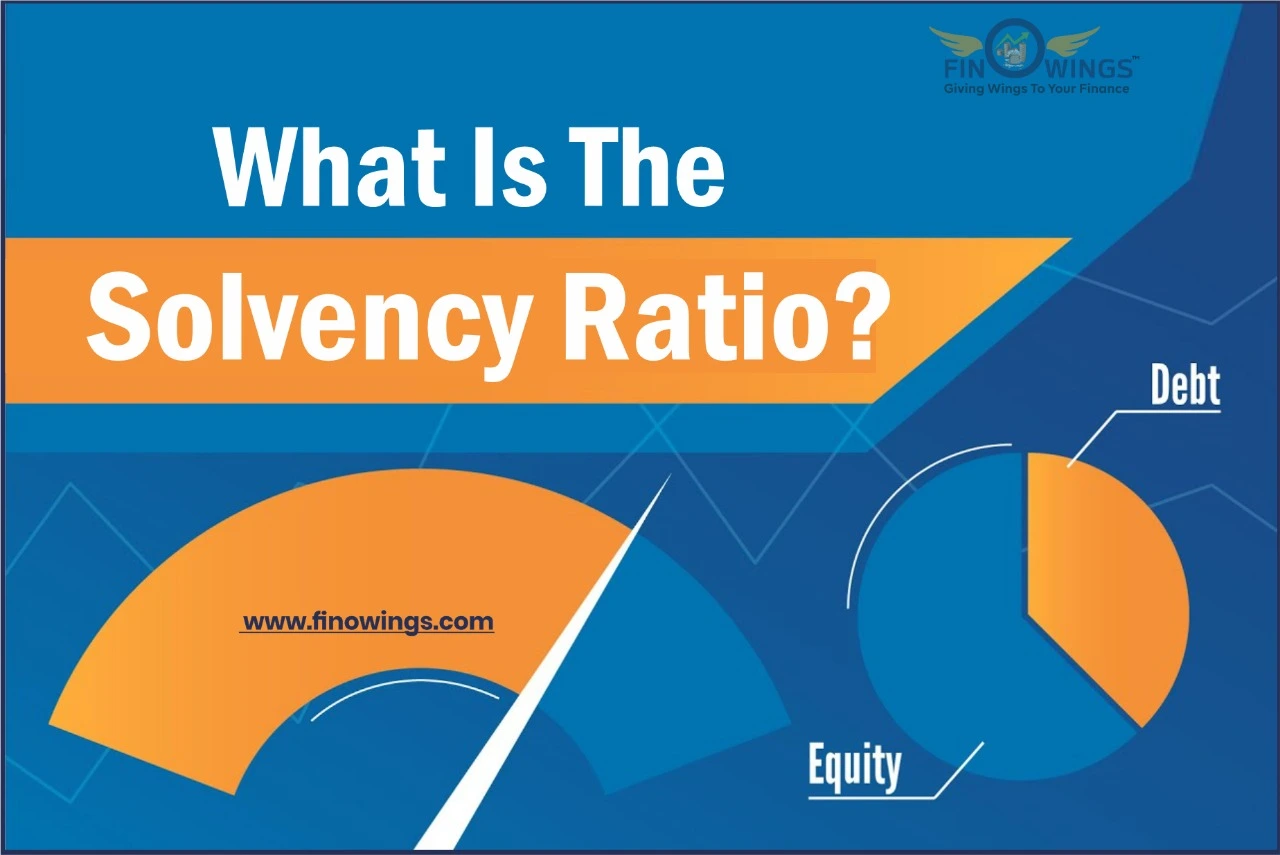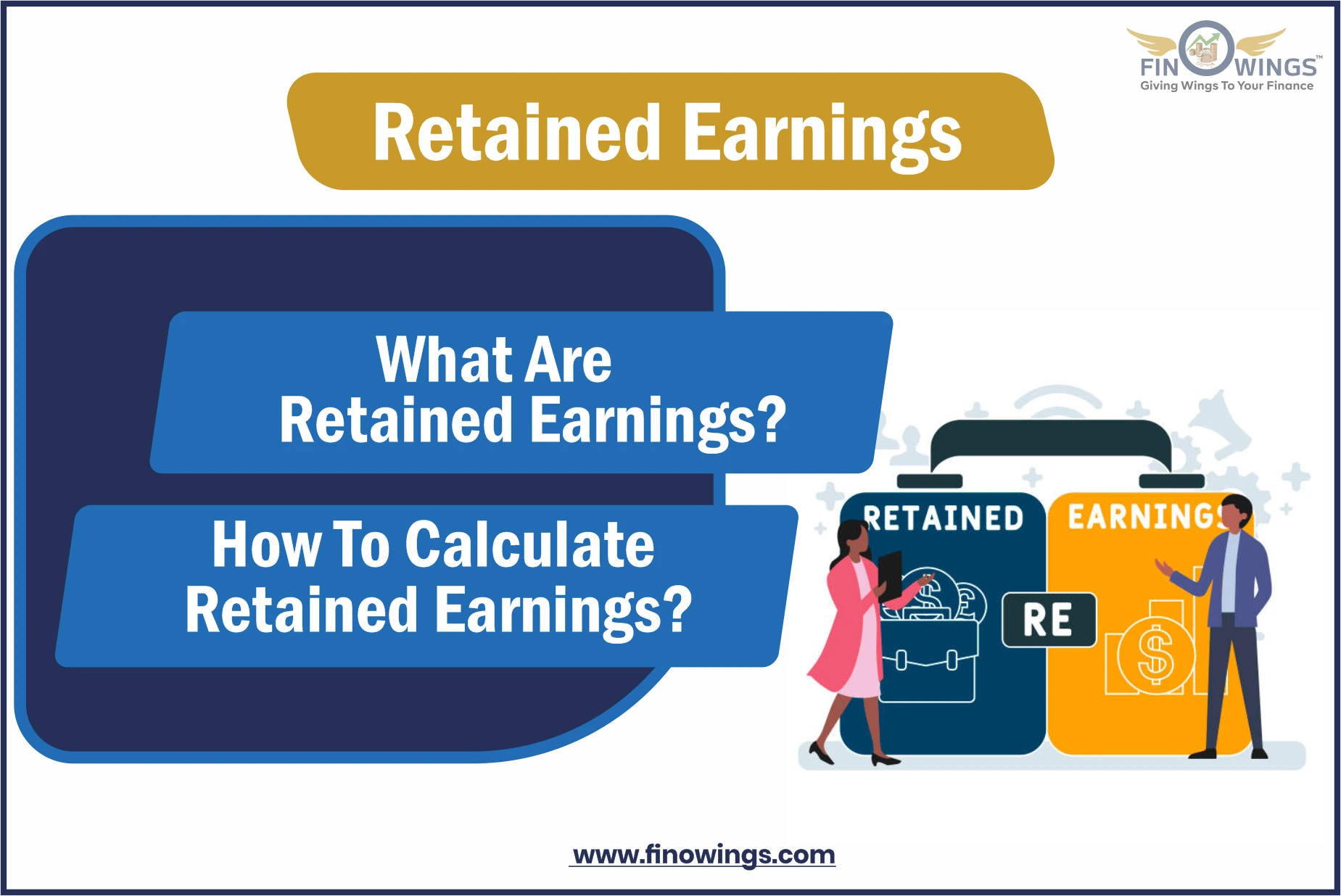Home >> Blog >> Will Stock Market Crash in 2024? JP Morgan, Robert Kiyosaki
Will Stock Market Crash in 2024? JP Morgan, Robert Kiyosaki
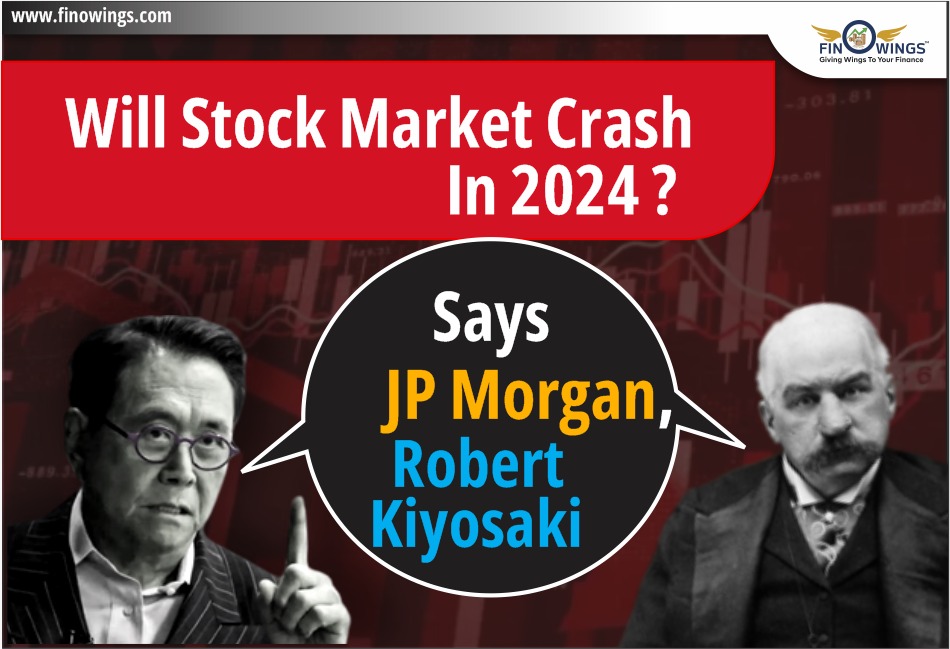
Table of Contents
Introduction
If we look at recent stock market sessions we can see that it has been a rollercoaster ride lately, with the Nifty showing signs of decline, and big players like JP Morgan and renowned author Robert T. Kiyosaki predicted a crash in 2024. As we observe the recent dips in the trading sessions, coupled with reports predicting a significant fall in the global market, the question on many investors' minds is whether the stock market is on the verge of a crash. And what does this mean for everyday investors?
Before we hit the panic button, let's consider some other voices in the financial sphere. Renowned author of "Rich Dad Poor Dad," Robert T. Kiyosaki, has also chimed in with his prediction of a market crash in 2024. However, before we get any conclusions, let's understand the reasons behind these forecasts.
What's Happening with the Stock Market?
In simple terms, the Nifty, an index reflecting the Indian stock market's performance, has been dropping. But it's not just local; JP Morgan, a global financial giant, has raised concerns about a potential 20-30% fall from the market's all-time high in 2024. That's a significant drop if we observe it closely it could mean a drop of around 4,425 points in the Nifty, bringing it down to approximately 17,700.
Detailed Video
Expert’s Opinion:
JP Morgan isn't alone in their predictions. Robert T. Kiyosaki, the author of "Rich Dad Poor Dad," has also signalled foreseeing a market crash in 2024. With such influential voices sounding the alarm, it's hard not to pay attention.
Understanding the Warning Signals:
JP Morgan has highlighted several warning signals that have led to its crash prediction:
1. Yield Curve Inversion:
Imagine the yield curve like a seesaw, with short-term bond yields on one side and long-term yields on the other. Normally, long-term yields are higher (up on the seesaw) because investors expect higher returns for waiting longer.
But sometimes, the seesaw flips and short-term yields become higher than long-term ones (short side goes up). This is called an inverted yield curve. It's like investors are saying, "We're so scared of the future, we'd rather have less money now than maybe more later!"
And that fear can be bad news for stocks. Think of stocks as companies people are excited about, willing to invest in for future growth. But if everyone's worried about a downturn, they might pull their money out of stocks and put it in safer, shorter-term bonds (even if they get less return). This can cause stock prices to fall.
So, an inverted yield curve is a warning sign that a stock market decline could be coming.
2. Fundamentals vs. Valuations Gap:
There's a noticeable gap between companies' fundamentals and their asset valuations, which usually corrects itself following a market correction.
3. Weakness in Interest Rates and Corporate Balance Sheets:
The imbalance in interest rates and corporate balance sheets further adds to the signs of an impending crash.
Past Predictions and Trends
JP Morgan had previously predicted a 20% fall on October 5, 2023, with concerns about an impending recession. At that time, the Nifty 50 was trading around 19,600 points, whereas it's now hovering around 21,600 points.
Now, let's turn to Robert T. Kiyosaki's track record with predictions. While he has made several predictions in the past, history shows that they haven't always been accurate. For instance:
-
His predictions in April 2011, May 2015, September 2015, and August 2018 were followed by market uptrends.
-
Similarly, his 2023 prediction of a crash hasn't materialised yet, as the market continues to climb.
Moreover, considering the "leap year curse" phenomenon, where major market crashes have historically occurred in leap years like 1992, 2000, 2008, and 2020, the fact that 2024 is also a leap year adds another layer of concern.
Conclusion and Advice
While past predictions and market indicators may raise apprehensions about a potential crash in 2024, it's essential to approach these forecasts with caution. History has shown that predictions don't always align with market realities, and unforeseen factors can influence market movements.
Instead of getting feared, investors should focus on fundamentally strong stocks and see every dip as an opportunity to buy. Ultimately, the market's trajectory is unpredictable, but maintaining a long-term perspective and staying informed can help navigate through uncertain times.
Do you think the upcoming election results could change the market in a different direction? Share your thoughts in the comments below!
Frequently Asked Questions
Several indicators, including the Nifty's decline, inverted yield curve, gap between fundamentals and valuations, and weaknesses in interest rates and corporate balance sheets, point towards a possible market downturn.
Renowned financial entities like JP Morgan and influential authors such as Robert T. Kiyosaki have both predicted a market crash in 2024. Their track records and expertise in financial analysis make their warnings significant for investors.
While JP Morgan's past predictions have been relatively accurate, Robert T. Kiyosaki's track record with predictions has been mixed. Some of his past predictions did not materialize, raising questions about the reliability of his forecasts.
The "leap year curse" phenomenon, where major market crashes historically occurred in leap years like 1992, 2000, 2008, and 2020, adds another layer of concern for 2024, given that it's also a leap year.
Financial experts advise investors to approach forecasts with caution, focus on fundamentally strong stocks, and view market dips as opportunities to buy. Maintaining a long-term perspective and staying informed can help navigate through uncertain times in the market.







